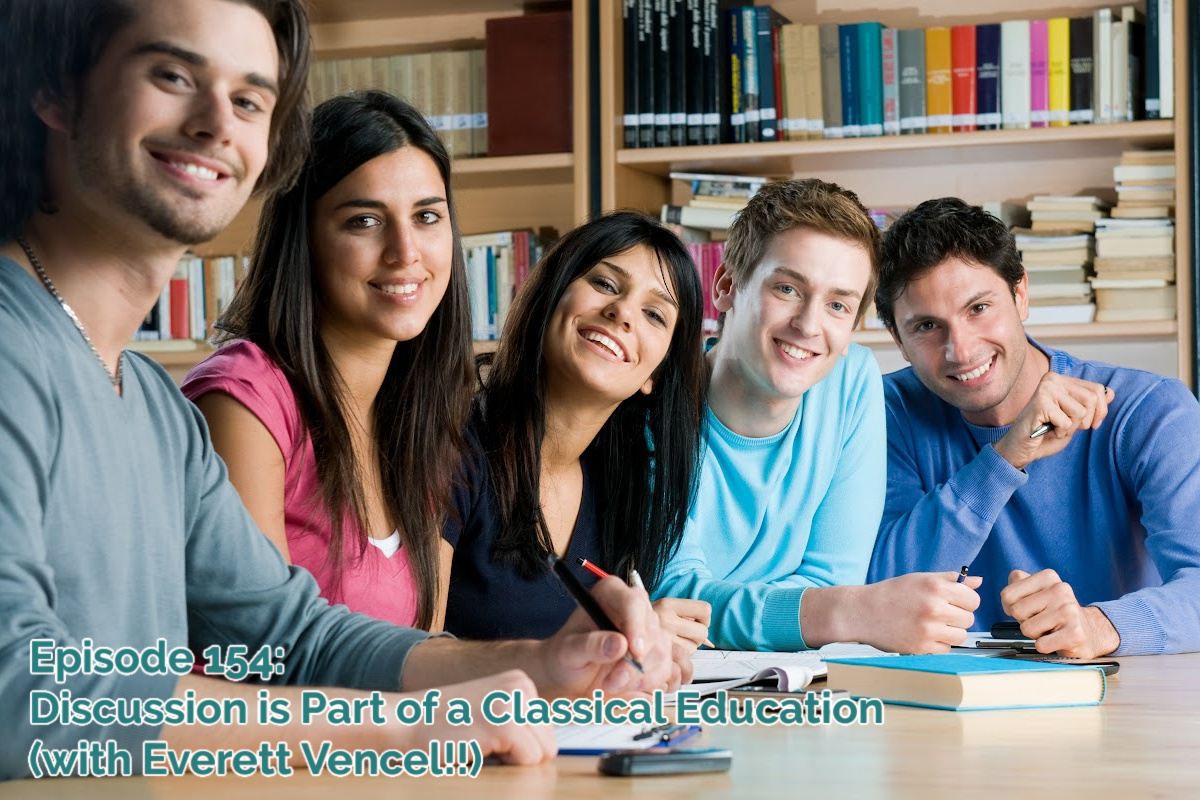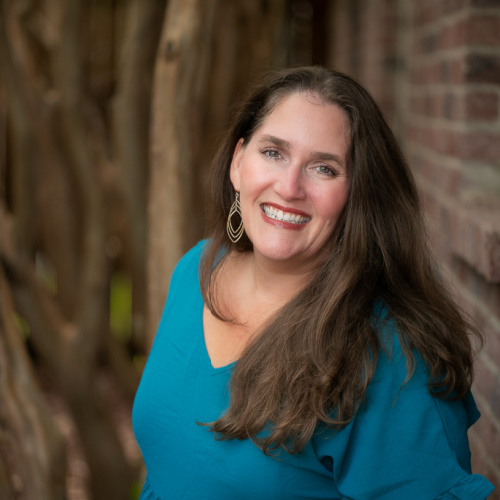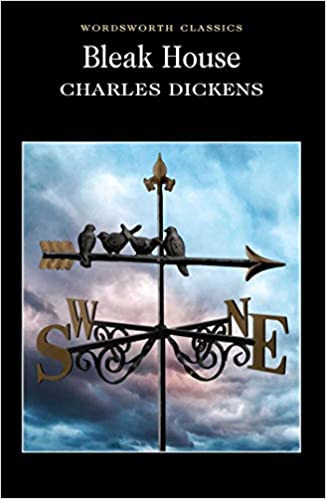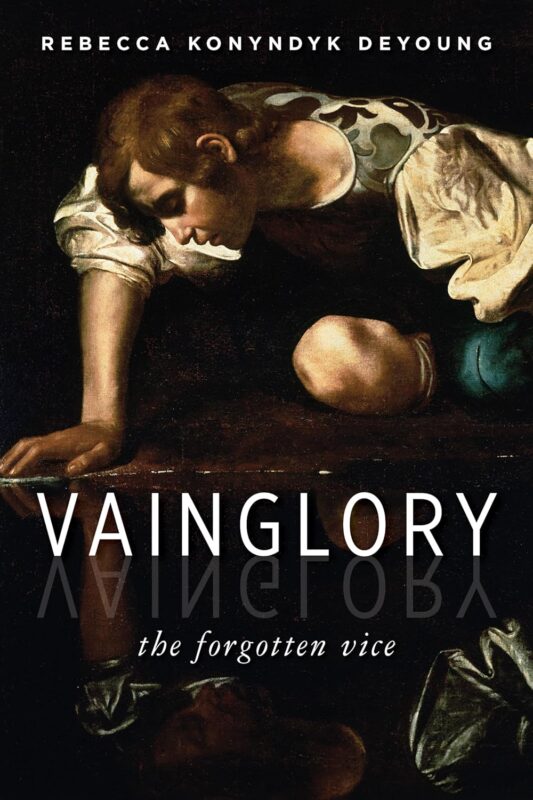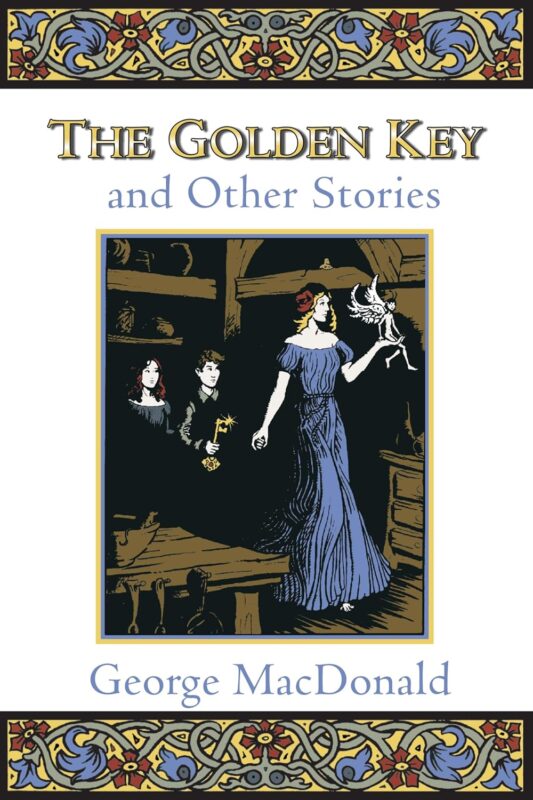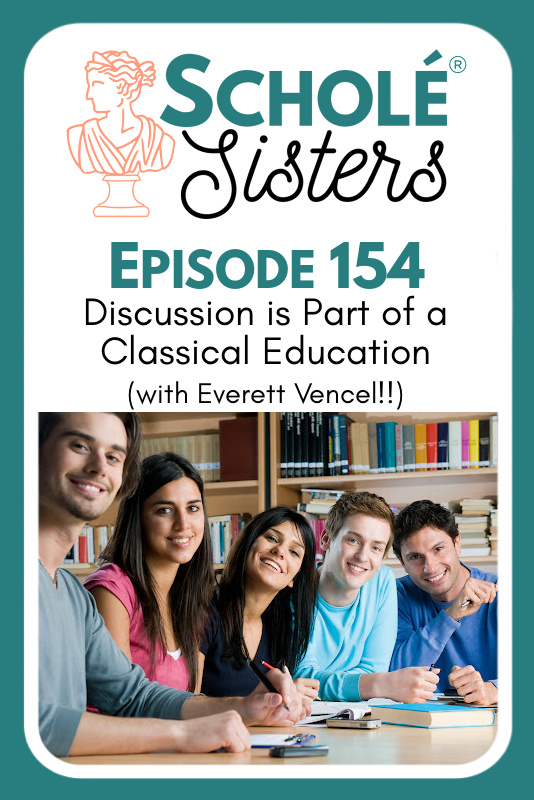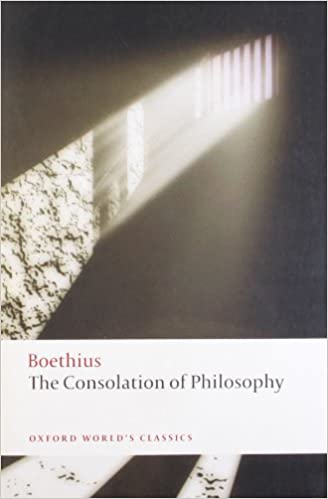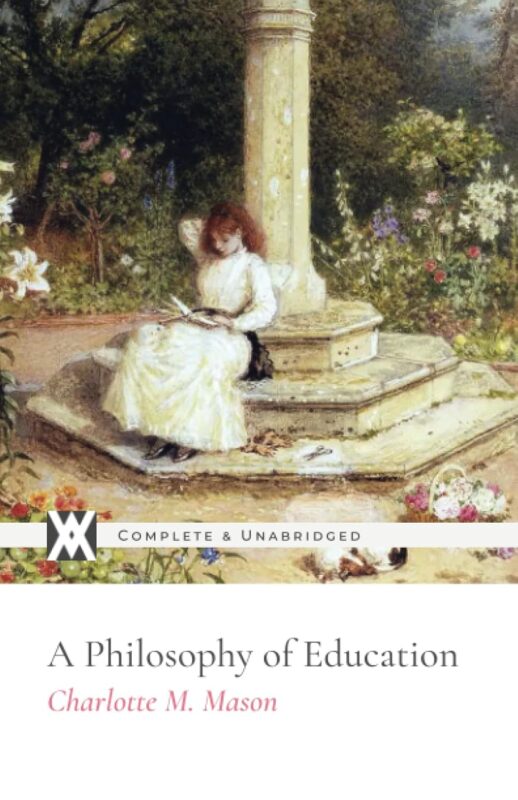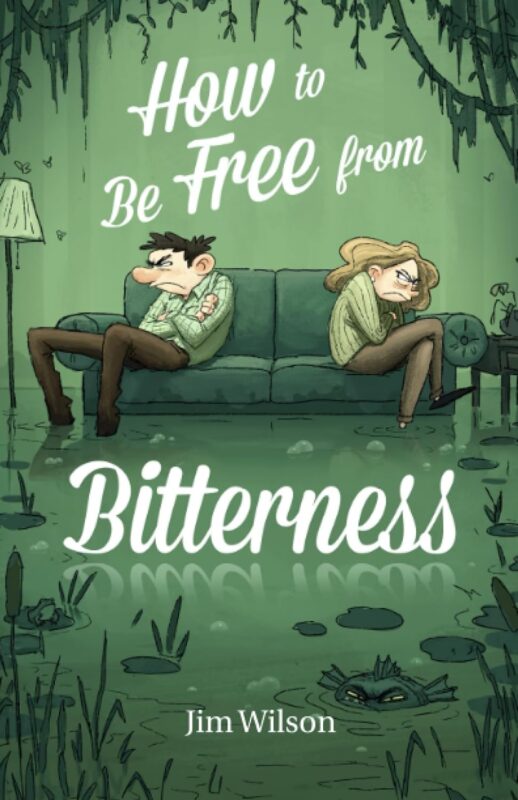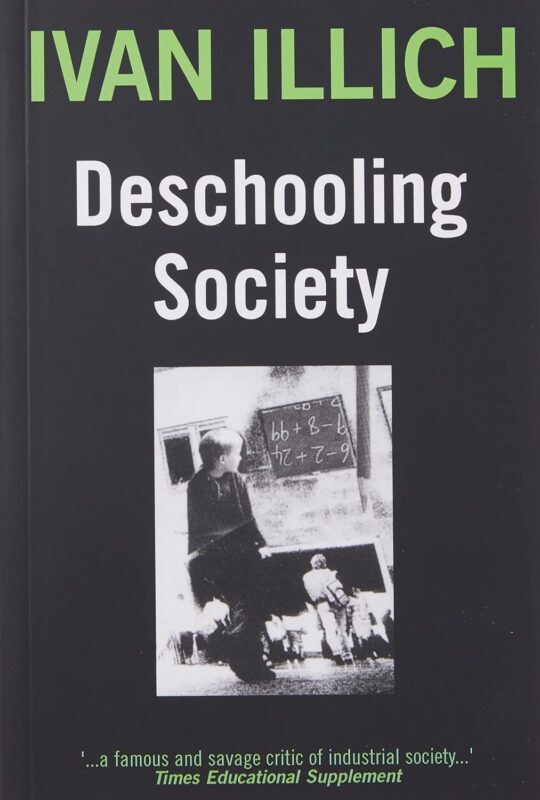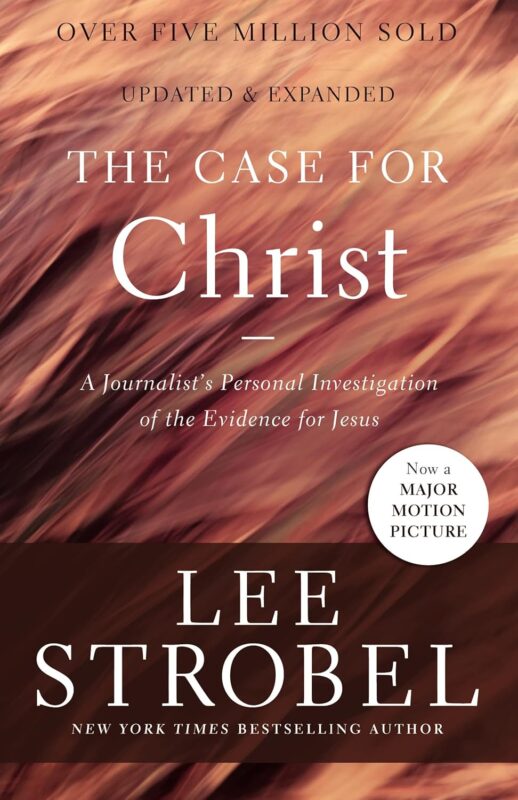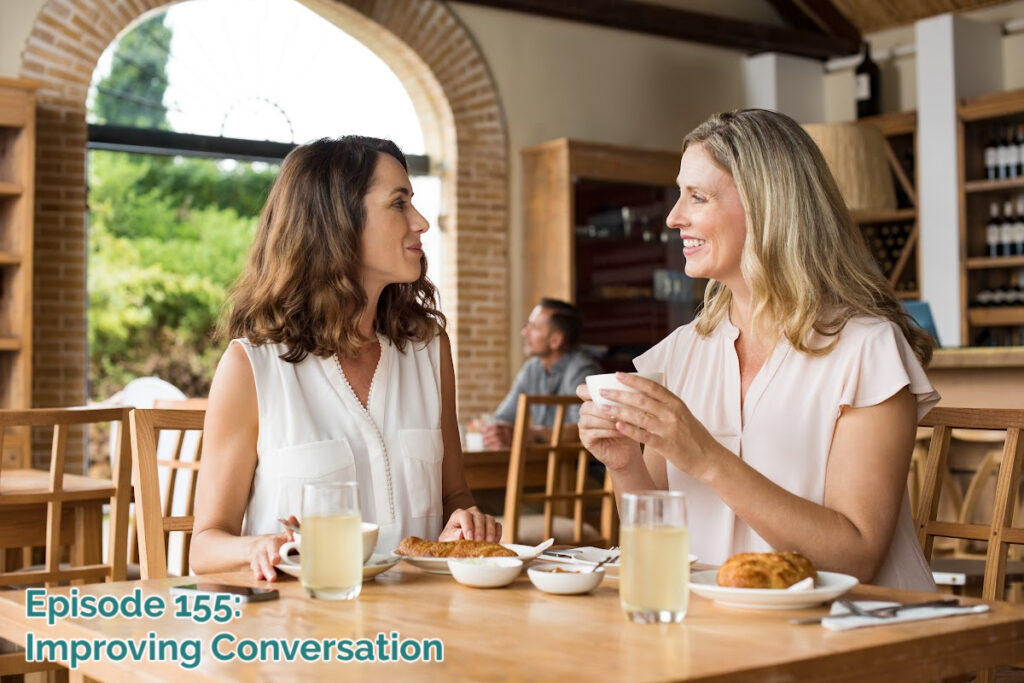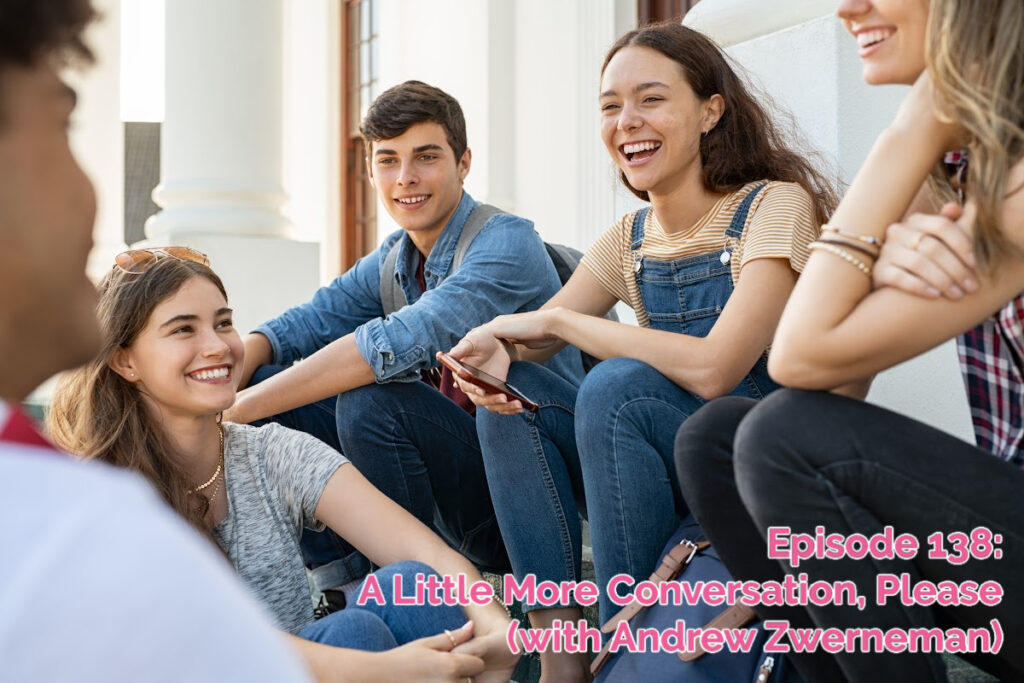SS#154 – Discussion is a part of classical education
In this episode of the Scholé Sisters podcast, we invited Everett Vencel, a recent graduate of New College Franklin, to help us understand the role of discussion in classical education. With four years of discussion-based learning under his belt (and senior-year teaching experience to boot), Everett offers a grounded and practical perspective on what makes discussion fruitful, how it compares to lecture, and why it matters.
We explore common objections from both homeschool moms and educators: What if the students don’t know enough to say anything worthwhile? Isn’t lecture more efficient? What if a conversation goes off the rails?
Everett answers these concerns with humor, insight, and plenty of firsthand experience—showing us that real discussion requires humility, curiosity, and a willingness to be wrong.
We also reflect on how Charlotte Mason’s principles of narration mature into meaningful conversations and how asking our children what they think fosters trust and connection.
Whether you’re skeptical of discussion or eager to try more of it, this episode will challenge and encourage you to see discussion not as chaos, but as a powerful and relational path toward wisdom.
Discussion-Based Classical Education
Today’s Hosts and Guest
Today’s Guest: Everett Vencel
Everett Vencel recently graduated from New College Franklin and now works as an audiovisual engineer at Cornerstone Presbyterian Church and as a personal assistant to the owner of a water heater company.
In his spare time, he reads anything he can get his hands on and is also studying Information technology. He and his wife, Emily, are expecting their first baby in June.
“Narration helps you retain and understand, but you have to do something with that eventually.”
Everett Vencel
Scholé Every Day: What We’re Reading
Bleak House by Charles Dickens
Mystie is relieved to be enjoying her reread of this novel that was life-changing when she first read it in her twenties.
The Golden Key by George MacDonald
Everett is reading this richly symbolic fantasy aloud to his wife in the evenings.
Vainglory: The Forgotten Vice by Rebecca DeYoung
Brandy is contemplating making this book a cornerstone of a Vice category in her 5×5 challenge.
What Discussion-Based Education Looks Like (and Why It Matters)
If your idea of a classroom involves students quietly taking notes while the teacher lectures at the front, discussion-based education might feel suspiciously like chaos. But the truth is, when done well, discussion is not a lack of structure—it’s a deliberate and mature form of learning that builds on narration and moves toward wisdom.
In a discussion-based class, students come prepared. They’ve read real books—often original sources, not summaries—and they’re ready to talk about ideas, not just absorb information.
The teacher doesn’t disappear, nor do they “just let the kids talk.” Instead, the teacher’s role is to ask thoughtful questions, keep the conversation tethered to the central ideas, and gently correct when necessary. It’s more like shepherding than lecturing.
Over time, students learn how to think aloud, how to listen well, and how to revise their opinions in light of better arguments. They stop waiting for the “right answer” and start pursuing truth. In fact, as Everett noted, “discussion is a mature form of narration.” It’s what happens when students grow into ownership of their education.
Is it always efficient? Not in the conventional sense. But discussion isn’t about checking boxes—it’s about forming persons. And that formation, slow and relational, is worth the effort.
The teacher’s role in discussion: it’s not hands-off
Real discussion requires real guidance. If a teacher simply throws out a question and leans back with arms crossed, waiting for something magical to happen, that’s not leadership—that’s abdication. Good discussion-based teaching is an active skill, not a passive supervision.
Everett shared that at New College Franklin, teachers came prepared with outlines—not to dominate the discussion, but to keep students moving toward the big ideas.
Without structure, conversations drift, rabbit trails multiply, and the class walks away with nothing of substance. The teacher’s job is to guide, not lecture, and redirect when necessary. Sometimes that means pulling a conversation back on track. Other times, it means letting it unfold naturally because the students are genuinely engaging the material.
A good teacher also knows when to intervene. Everett noted that professors corrected students when they were flat-out wrong—especially in theology class. But they did so with patience and grace, allowing students to think through their ideas, even if imperfectly formed. That balance of correction and restraint is essential in a good teacher.
Narration grows up: discussion as mature narration
If narration is the bread and butter of a young student’s education, discussion is the cheese board of adulthood—richer, more complex, and best enjoyed in good company. According to Everett, who recently completed a four-year discussion-based classical education at New College Franklin, discussion is what narration grows up to become.
At its heart, narration trains a student to pay attention, retain ideas, and express them in their own words. But it doesn’t end there. When students begin to refine their ideas in community, compare interpretations, and even wrestle with disagreements—that’s discussion. It’s narration plus sharpening.
Everett described it as a natural progression. In discussion, students begin by rephrasing the author’s ideas to ensure understanding (classic narration). Then, together, they begin interpreting, connecting, and evaluating those ideas.
Different perspectives bring clarity, depth, and even correction. In this way, discussion becomes a kind of communal narration—each person bringing their narration to the table, each being shaped by the others.
The process requires humility, curiosity, and a willingness to be wrong. And it’s only possible because students already learned to narrate well. So if you’re tempted to skip narration in the early years, remember—it’s not a “Charlotte Mason thing.” It’s a human learning thing, and it prepares the way for lifelong conversation.
You don’t have to fully understand the text to lead a discussion. You have to know how to ask the right questions.
Why bother with discussion? The surprising benefits of not lecturing
If you’ve ever wondered whether discussion is worth the effort—especially compared to a neat, tidy lecture—you’re not alone. But as Everett shared from his experience at New College Franklin, discussion-based education isn’t just a nice alternative. It’s transformational.
When a student listens to a lecture, information may enter the ears. But in discussion, the student has to work for the knowledge. They show up with ideas formed by their reading, wrestle with opposing views, and reshape their understanding in real time. The effort means the ideas stick. That’s the magic of ownership: when they do the mental lifting, they remember what they learned.
Even better, discussion sharpens thinking. Everett explained that students regularly encountered objections they hadn’t considered. That meant revisiting the text with fresh eyes, refining their interpretation, and—occasionally—changing their minds. That’s not inefficiency; that’s deep learning.
And then there’s the human side. Discussion teaches students how to engage respectfully with others, how to offer ideas without dominating, and how to listen generously. They learn to speak clearly, think critically, and contribute constructively. A good discussion demands humility, charity, and courage—virtues every Christian educator should want to cultivate.
So yes, it’s slower than a lecture. But sometimes slower is smarter.
Mentioned in the Episode
Listen to related episodes:
SS#155 – Improving Conversation
SS #138 – A little more conversation, please (with Andrew Zwerneman!!)
SS #101: Tell Me What I Want to Hear (Flattery & Lies)
SS #69: Socratic Trialogue (with Renee Shepard!)
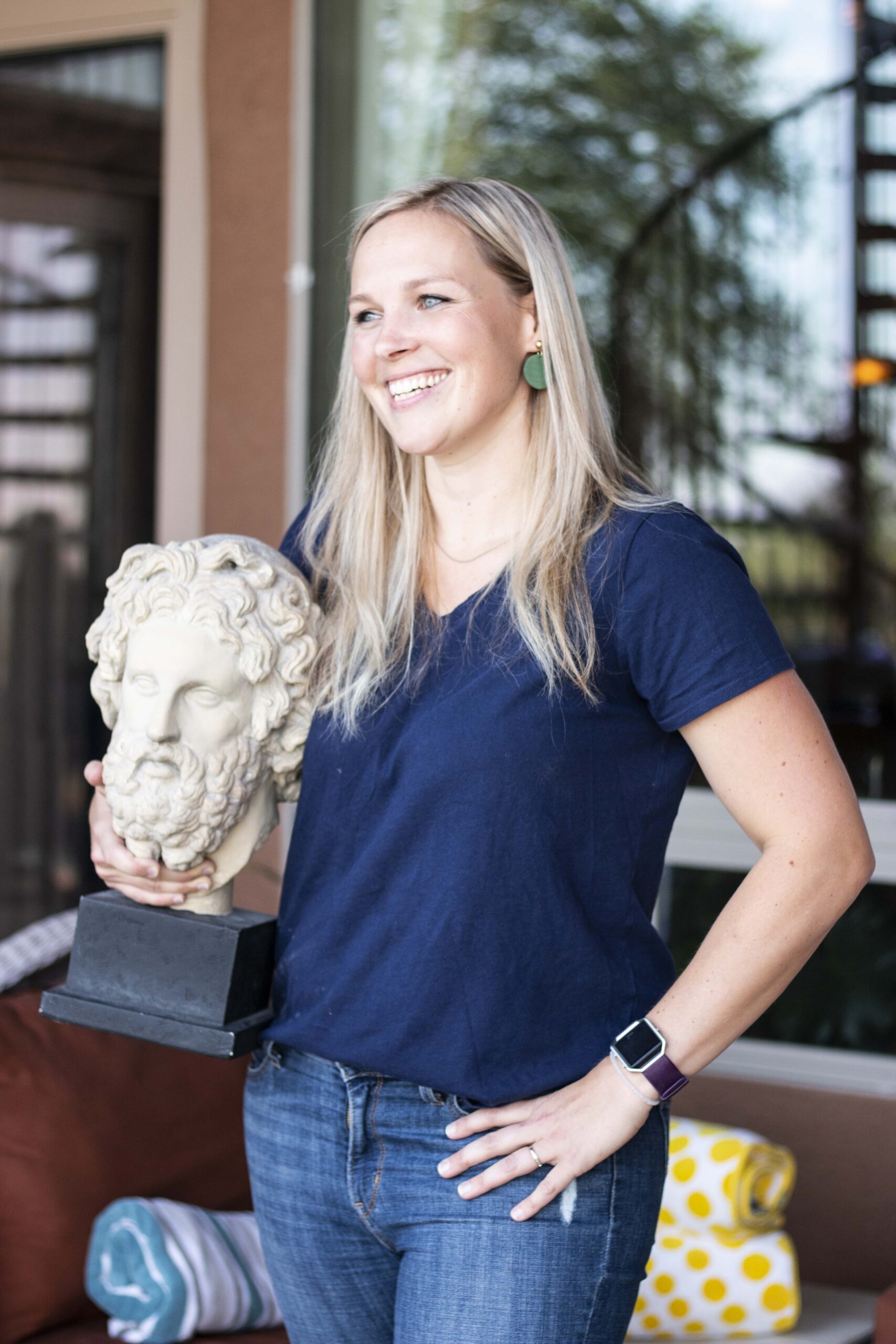
Be a part of the conversation!
Discuss this podcast with other moms inside Sistership.

